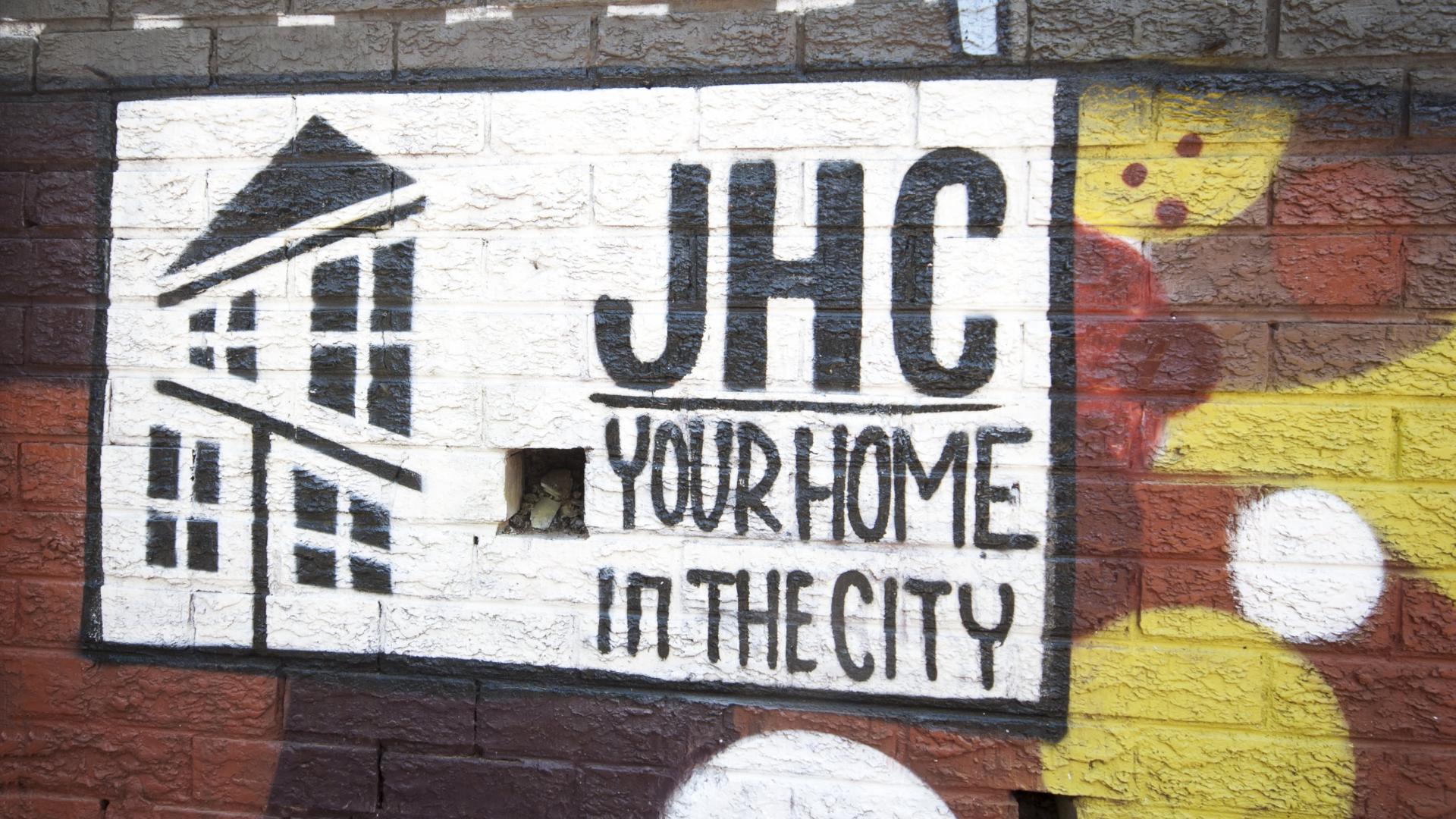How to make sense of your lease agreement to ensure it meets your personal needs
How to make sense of your lease agreement to ensure it meets your personal needs You have finally decided to branch out on your own and move out of your family home or move to Johannesburg. This is an exciting time as you’re beginning a new journey and learning more about...

You have finally decided to branch out on your own and move out of your family home or move to Johannesburg. This is an exciting time as you’re beginning a new journey and learning more about independence.
Like most people moving into their first flat, they may not understand how to read a lease agreement. Of course, there are a few things you must know and understand before signing a lease. But even with that, you may still be confused about making sense of everything and ensuring it fits your personal needs. This is why we have compiled some information to help you get a better understanding of lease agreements for flats to rent.
What constitutes a lease?
To break it down and help you get a better understanding of a lease, you need to know exactly what it entails. A lease is a written agreement entered into by two parties – the landlord and the tenant. A lease is a contract that allows a prospective tenant to use the property for a stipulated time in exchange for an agreed-upon payment. Both the landlord and tenant are bound by the contract and need to uphold it for the duration of the time.
The requirements of a valid lease include:
- The name and home address of both involved parties.
- A description of the rental property.
- The rent amount and reasonable escalation.
- Payment arrangements, e.g. monthly rent.
- The deposit amount.
- The lease period.
- The notice period should there be a termination of the agreement.
- The lessor's obligations.
- Any additional payments that need to be made by the tenant.
- A list of what was included in the flat prior to the tenant moving in.
- House rules.
It’s important to note that not all of this information will be added to the lease agreement, but you should view all the necessary information and documents provided by the landlord before signing.
Know what you need
Once you know what a lease agreement entails, you need to ensure that you know exactly what you want before signing the contract. While this agreement is what the landlord expects of you as a potential tenant, you also have your own expectations. For example, you might be looking for a flat to rent in Kempton Park that is fully furnished, or you could bring your own furniture. Additionally, are you looking for a place that doesn’t require any additional fixing on your part or are you fine with doing a few touch-ups?
In a lease agreement, any defects will be discussed, and upon agreement, it will be decided who will take responsibility for them. It’s vital that you know where you stand and what you are and aren’t okay with because once you have signed the lease, you will be responsible for it.
Special conditions you need
When you meet with a housing agency in a prospective area you’re interested in, it is understandable that you may be excited and forget to consider a few things before signing. When you’re trying to make sense of a rental agreement, you should always keep what you need in mind, especially any special conditions. The last thing you want is to have disputes between a landlord or tenants once you have moved in and you’re tied to a lease agreement for a year or more. If you know that you have special needs that include; keeping a pet, smoking, being able to copy keys, how they feel about visitors and more, you need to be aware of all of this beforehand.
In conclusion
Reading and making sense of any contract can be challenging. And often, when you’re desperately searching for a place to stay, you may consider impulsively signing the lease. This can leave you in a complicated situation that won’t help you, which is the last thing we want for you. We pride ourselves on creating a community in our residence built on mutual respect and helping one another out. This is why we urge all our prospective tenants to make sure that they understand all the legal terminology and understand what they want to ensure that our agreement caters to their needs. We hope that these additional tips help you navigate your lease agreement easier and help you keep your needs in mind while making sense of all the legal terminology.



